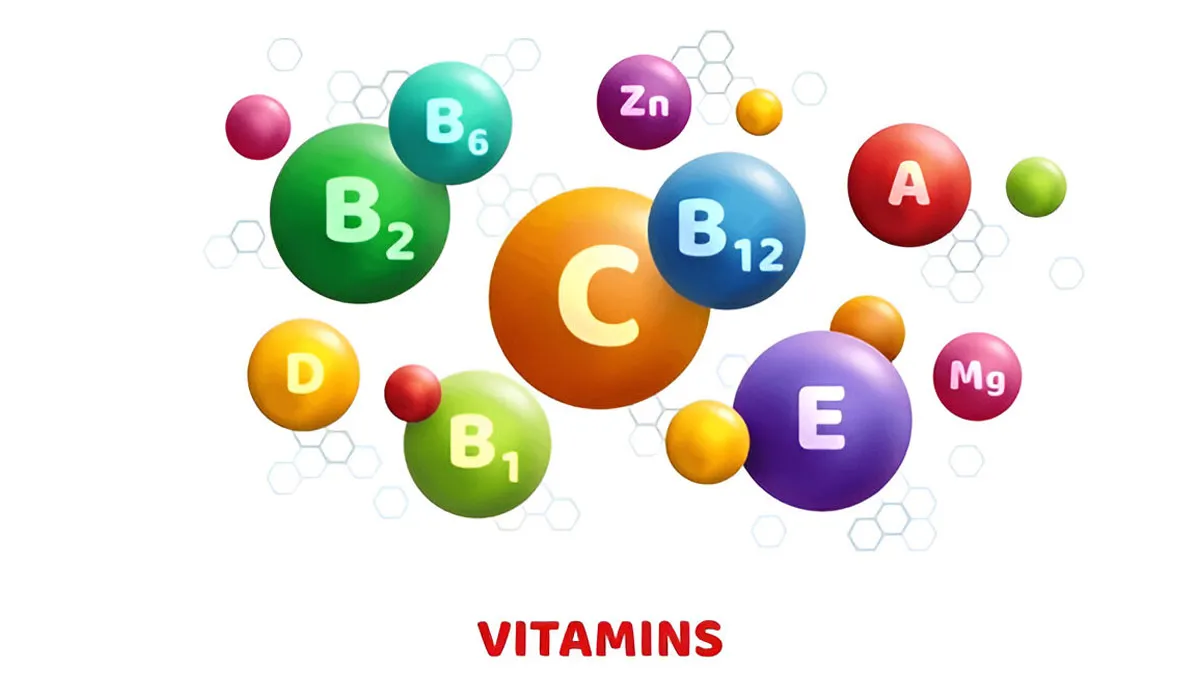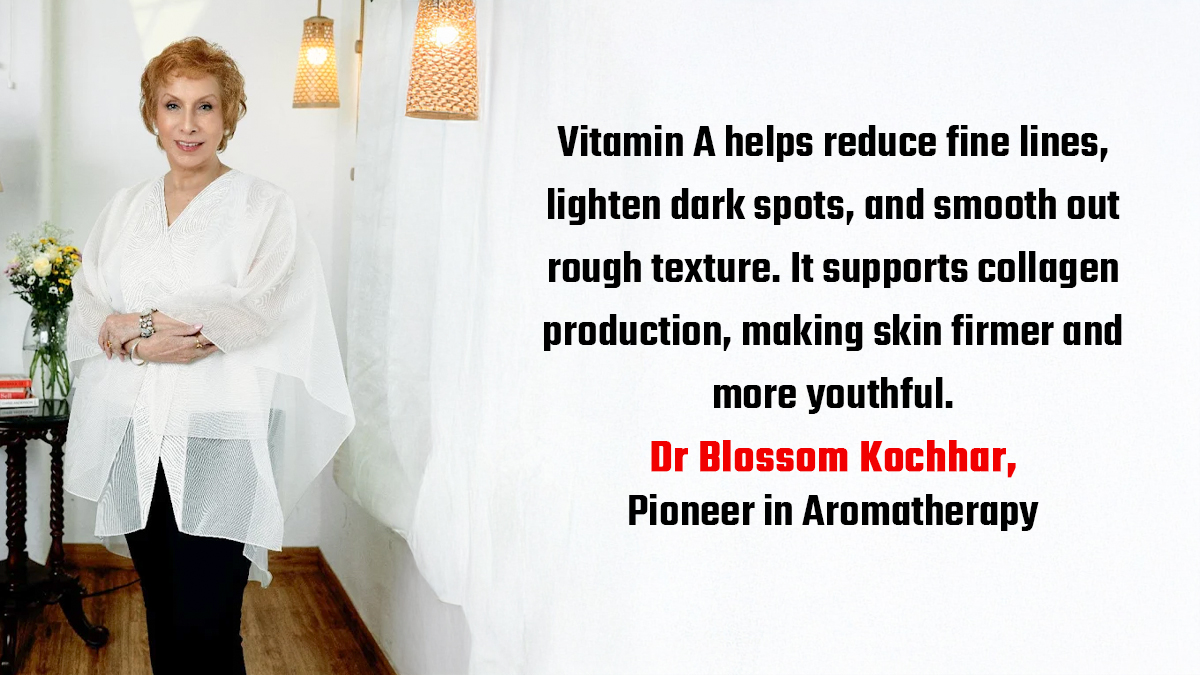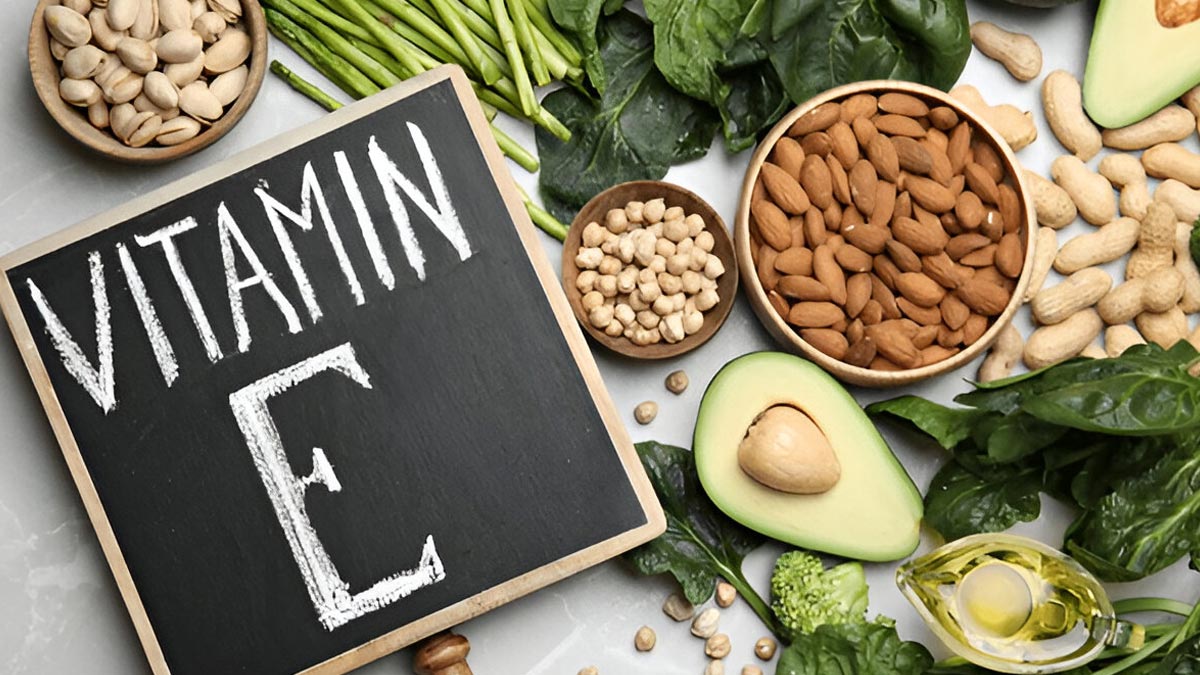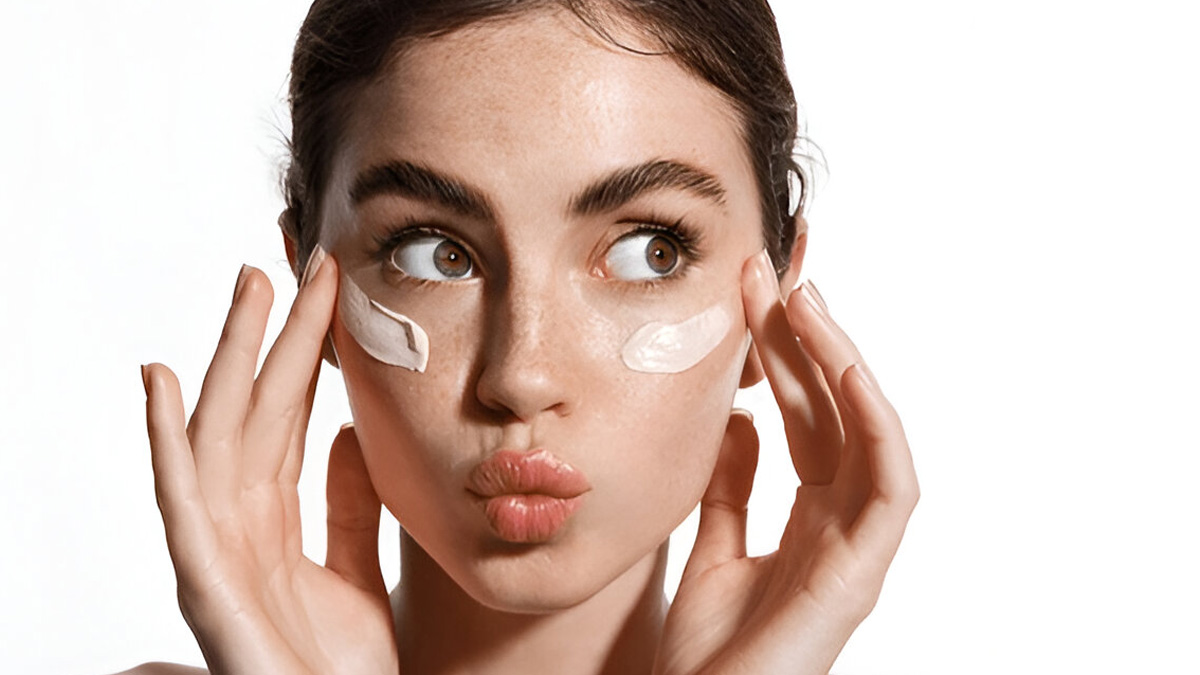
When it comes to skincare, we often focus on products and routines, but the real magic lies in vitamins. These nutrients work deep within the skin to repair damage, restore moisture, and protect against pollution and sunlight. When your skin gets the right balance of vitamins, it looks healthier, feels softer, and glows naturally. You can nourish your skin from both sides- through a balanced diet and vitamin-rich skincare.
Table of Content:-
Role of Vitamins in Skincare
Vitamin A: The Anti-Ageing Hero

Vitamin A helps reduce fine lines, lighten dark spots, and smooth out rough texture. It supports collagen production, making skin firmer and more youthful, shares Dr Blossom Kochhar, Pioneer in Aromatherapy and Founder, Blossom Kochhar Group of Companies. In a randomised, double-blind study, elderly subjects who used 0.4% retinol lotion three times weekly for 24 weeks showed a significant decrease in fine wrinkles and increased collagen and glycosaminoglycans in treated skin versus untreated skin.
Sources: Sweet potatoes, carrots, spinach, and retinol-based skincare.
Tip: Start with a mild retinol formula and always pair it with sunscreen, as Vitamin A can make skin more sensitive to sunlight.
Also Read: How To Absorb Supplements Better? Expert Shares The Trick
Vitamin C: The Brightening Shield
Vitamin C is a glow-giving antioxidant that protects the skin from pollution and sun damage. It fades dullness and dark spots while keeping the skin firm and hydrated. A 2015 study found it enhances skin hydration and wound healing, making it a hydration hero.
Sources: Citrus fruits, bell peppers, strawberries, and Vitamin C serums.
Tip: Apply Vitamin C in the morning before sunscreen to boost radiance and daily protection.
Vitamin E: The Moisture Lock

Vitamin E nourishes, soothes, and deeply hydrates the skin. It strengthens the natural barrier, keeping dryness and irritation at bay. When combined with Vitamin C, it offers even stronger protection against environmental stress. In more focused studies, topical vitamin E has been shown to reduce transepidermal water loss (TEWL) and support skin hydration and repair, especially in wound healing and post-surgery contexts.
Sources: Nuts, seeds, avocados, and Vitamin E-enriched oils or creams.
Tip: Choose lighter formulations if you have oily or acne-prone skin.
Also Read: 7 Foods That Have Highest Vitamin E Content, Know Why It Is Important For Health
Vitamin D: The Repair Booster
Known as the “sunshine vitamin,” Vitamin D helps renew and repair skin while reducing irritation. It keeps skin soft and balanced, especially in colder months. While Vitamin D is naturally synthesised within the body following sun exposure, limited sun exposure or sunblock can lead to deficiencies.
Sources: Safe sun exposure, fortified foods, and supplements if needed.
Tip: Enjoy a few minutes of morning sunlight, but don't skip sunscreen — balance is key.
Vitamin K: The Underrated Healer
Vitamin K helps fade dark circles, marks, and uneven skin tone. It supports the skin's healing process and keeps it looking calm and even.
Sources: Leafy greens like kale, spinach, and broccoli.
Tip: Use under-eye creams with Vitamin K to reduce puffiness and dark shadows.
How Vitamins Work Together for Skin Health

Vitamins complement each other beautifully. Vitamins C and E protect against daily damage, while vitamins A and C together smooth and brighten the skin. A diet full of fresh fruits, vegetables, and nuts provides inner nourishment, while topical products offer visible, lasting results.
Vitamins are the foundation of glowing, youthful skin. They smooth, protect, and hydrate naturally.
Bottomline
From minimising wrinkles to maintaining hydrating skin, vitamins play a key role in healthy-looking skin. Adding foods rich in vitamins to your diet and applying cosmetics infused with these vitamins can give you glowing, youthful-looking skin.
Also watch this video
FAQ
What vitamins are good for skin care?
As per experts, A, B complex, C, D, E, K vitamins are great for skin health. In addition to this, minerals like iron, zinc, chromium and selenium are also essential for glowing skin.Which is better vitamin C or retinol?
There is no specific answer to this. Speak to your dermatologist who will recommend you the right option based on your skin concerns and requirements.
How we keep this article up to date:
We work with experts and keep a close eye on the latest in health and wellness. Whenever there is a new research or helpful information, we update our articles with accurate and useful advice.
Current Version
Sep 28, 2025 10:57 IST
Modified By : Chanchal SengarSep 28, 2025 10:57 IST
Modified By : Chanchal SengarSep 28, 2025 10:57 IST
Published By : Sushmita Sharma
